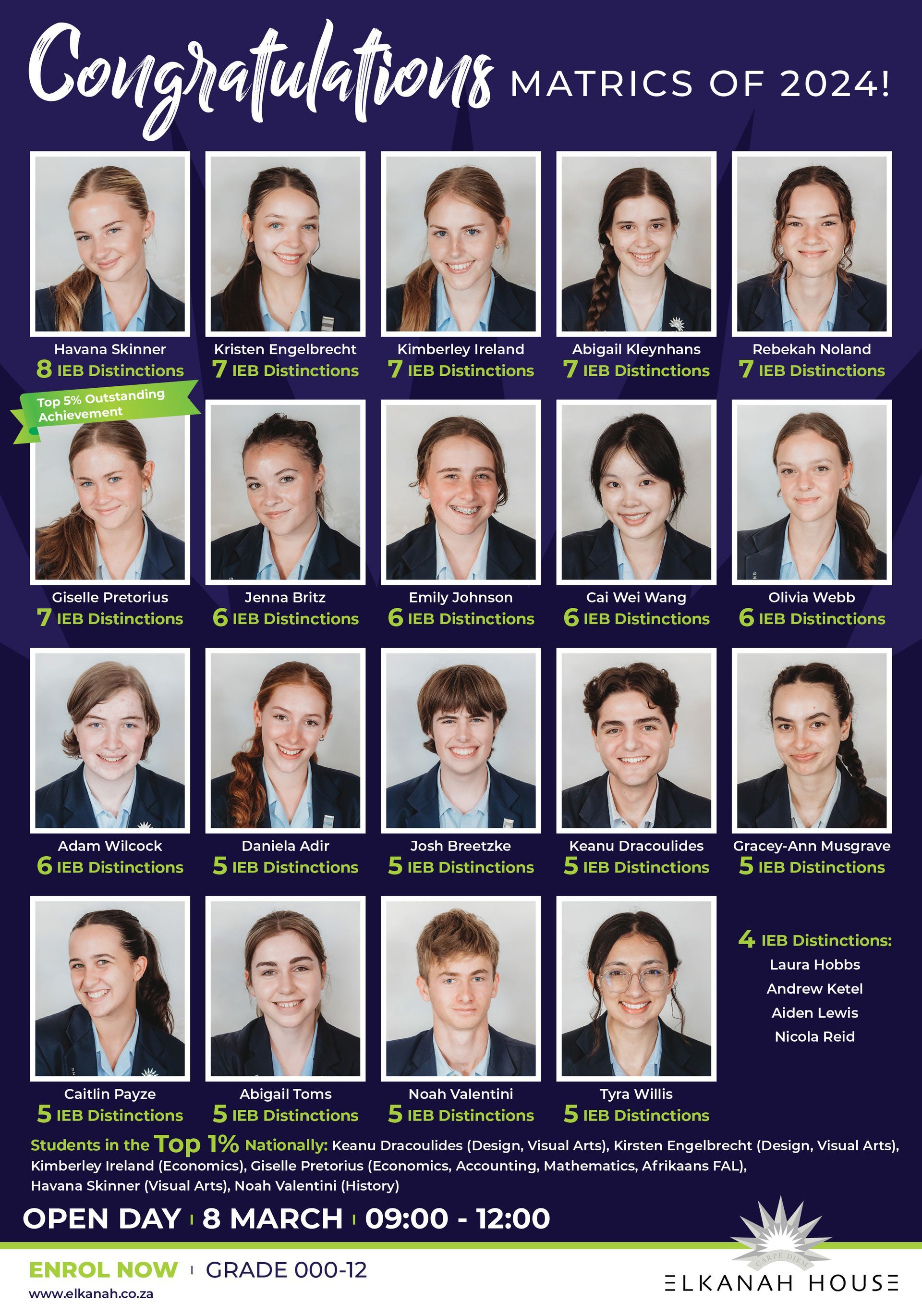As a parent, you may think ‘Maths Lit’ is the equivalent of Standard Grade maths from back in the day when you were at school. However, the truth is that Maths Lit is not Standard Grade maths – in fact it’s very different. Here’s what you need to know.

What is Mathematics Literacy?
As a subject, Mathematics Literacy focuses on calculating budgets and investments, interpreting statistics, working out loan prepayments and interest, as well as calculating income tax, and other commonplace matters that relate to figures. It’s more of an everyday type of maths that teaches you how to tackle the practical real-world problems that come up in life.
How is it different from Pure Mathematics?
In Pure Mathematics, learners deal with theories and concepts that aren’t necessarily experienced in everyday life. This subject focuses on things like algebra, trigonometry, and basic calculus. It’s the type of mathematics that studies numbers and shapes, and the relationships between them. The basis of the subject is to teach learners to think critically when problem-solving and uses a lot of abstract thinking.
Tertiary education and careers with Mathematics Literacy
No matter how you look at it, maths can be a very difficult subject – both Mathematics Literacy and Pure Mathematics require hard work and dedication. And while it may seem too early for your child to decide exactly what they want to do with the rest of their lives, the subject choices they make now could affect the opportunities they have in the future.
Universities, colleges, and other tertiary education institutions have certain Mathematics requirements for the courses and qualifications. It’s a good idea to investigate this as you help your child make the choice between Mathematics Literacy and Pure Maths.
When it comes to pursuing a future in STEM-related fields, Pure Maths is a minimum requirement for acceptance into university courses. The kinds of careers these include are:
- Medicine
- Engineering
- Economics and analytics
- Genetics
- Accounting
- Physics
- IT
If your child is more artistically or linguistically inclined, Mathematics Literacy could be the way to go. For further studies and qualifications in the arts and social sciences, Mathematics Literacy is a minimum requirement. The kinds of careers these include are:
- Advertising and marketing
- TV, radio and film
- Teaching and academia
- Politics and advocacy
- Writing and publishing
- Law
Choosing subjects can feel like a weighty dilemma, so it’s always best to do your research and make an informed decision. Spend some time with your child researching different career fields, the minimum study requirements for these, and the real-world jobs that they could lead to. There are a few local career guidance questionnaires that can be found with an online search that can help you figure it out. If you need to, seek career guidance from a professional or psychologist.
And over and above the career consideration, you need to consider the well-being of your child. If your child is battling with Pure Maths, and getting bad grades, this can affect their overall point score in matric, not to mention their confidence. Children that are doing well in Maths Lit may not pursue the STEM careers they hoped for, but they will get better points for university exemption and may just be happier children overall.
At the end of the day, the decision is guided heavily by who your child is and what they want to do, so take the time to learn all the facts.
Elkanah House Blog









